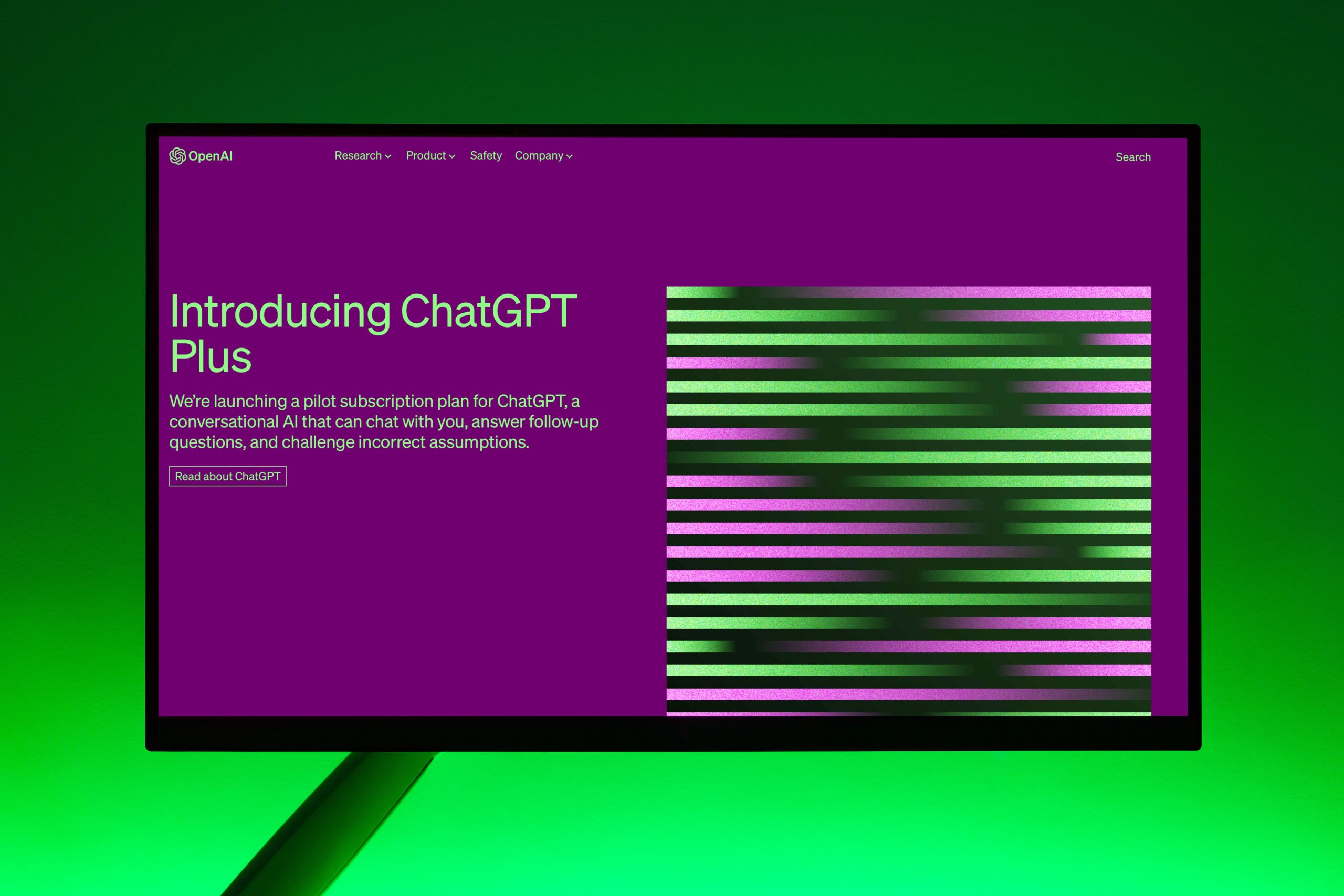Table of Contents
ToggleEducation is widely recognized as the foundation of personal and societal development, serving as a gateway to knowledge, skills, and insights. Educational institutions, such as schools and universities, play a vital role in shaping individuals by exposing them to a diverse range of subjects, theories, and concepts. Students have the opportunity to explore various disciplines, from mathematics and science to literature and history, expanding their horizons and fostering intellectual growth.
The acquisition of information through education is undeniably valuable. It equips individuals with a broad understanding of the world, enabling them to make informed decisions and navigate the complexities of life. Through education, students gain knowledge about different cultures, historical events, scientific principles, and artistic expressions. This accumulation of information helps individuals develop a comprehensive perspective and promotes a sense of curiosity and lifelong learning.
However, it is important to recognize that education alone is not sufficient. While education provides the raw materials in the form of information, it requires proper structure to transform that knowledge into wisdom. Without a framework to organize and connect the acquired knowledge, it may remain fragmented and disjointed, lacking coherence and practicality. This is where the power of frameworks and framework thinking comes into play.
The Transformative Power of Frameworks
Utilizing frameworks and embracing framework thinking is key to unlocking the true potential of education. Frameworks provide a structured approach that goes beyond the mere accumulation of knowledge. They offer individuals a lens through which they can organize and understand information in a meaningful way. By providing a systematic framework for analysis and decision-making, frameworks empower individuals to navigate complex problems with clarity and confidence.
When individuals apply frameworks to their education, they transcend the surface level of information and delve deeper into the underlying principles and concepts. Frameworks serve as mental models that guide critical thinking and problem-solving processes. They enable individuals to break down complex ideas into manageable components, identify patterns, and make connections across different domains. This systematic approach allows for a comprehensive understanding of the subject matter and facilitates the synthesis of insights.
Moreover, frameworks serve as a bridge between theory and practice. They provide individuals with practical tools and strategies for applying their knowledge in real-world contexts. For example, a framework such as the scientific method allows scientists to structure their research, conduct experiments, analyze data, and draw conclusions. Similarly, frameworks like design thinking or project management methodologies provide individuals with a step-by-step approach to tackle complex challenges effectively. By applying these frameworks, individuals can transform abstract concepts into actionable plans and achieve tangible results.
From Information to Wisdom: Bridging the Gap
By adopting a framework thinking approach, individuals can bridge the gap between information and wisdom, transforming their understanding of various subjects into practical and coherent knowledge. Take the example of a student who has studied economic theories in a classroom. While they may have memorized the concepts and understood them on a surface level, it is through the application of frameworks such as supply and demand analysis or cost-benefit analysis that they can truly comprehend the intricate interplay of economic forces.
By utilizing frameworks, individuals can connect the dots between different theories and concepts, gaining a holistic understanding of the subject matter. These frameworks provide a structured approach to analyzing and interpreting information, allowing individuals to extract valuable insights and draw meaningful connections. For instance, with the supply and demand framework, the student can explore how changes in market dynamics impact pricing, production, and consumer behavior. By applying the cost-benefit analysis framework, they can evaluate the trade-offs involved in economic decision-making.
Framework thinking enables individuals to go beyond rote memorization and superficial understanding. It empowers them to identify patterns, recognize cause-and-effect relationships, and apply their knowledge in practical scenarios. By adopting this approach, individuals can leverage their education and transform it into wisdom, enabling them to tackle complex problems, make informed decisions, and navigate real-world challenges with clarity and confidence. Frameworks serve as the bridge that connects the dots, transforming a mere accumulation of information into actionable wisdom.
Empowering Creativity and Collaboration
Frameworks not only enhance critical thinking and problem-solving but also serve as catalysts for fostering creativity and innovation. By providing a structured approach to organizing knowledge, frameworks encourage individuals to break free from traditional boundaries and explore new possibilities. When armed with a solid foundation of knowledge and the application of frameworks, individuals can push the boundaries of their understanding, identifying gaps and proposing novel solutions.
With frameworks as their guiding tools, individuals are empowered to challenge established norms and think outside the box. The structured thinking offered by frameworks allows individuals to approach problems or situations from fresh perspectives, encouraging them to consider alternative viewpoints and approaches. This ability to think creatively is vital in today’s rapidly evolving world, where new challenges and complexities arise regularly.
Furthermore, frameworks promote collaboration and effective communication among individuals from diverse backgrounds. They provide a shared language and understanding, facilitating the exchange of ideas and fostering collaboration towards a common goal. When individuals approach a problem or situation with a shared framework, it becomes easier to align their efforts and leverage each other’s strengths. By combining their diverse perspectives and insights, they can collectively generate creative and informed solutions that are not limited by individual biases or limitations.
Collaboration within a framework-based approach also enables the pooling of knowledge and expertise. Each participant can contribute their unique insights, drawing from their specialized areas of knowledge. This collaborative environment sparks innovation, as the collective wisdom of the group becomes greater than the sum of its parts. Through constructive dialogue and the exchange of ideas, individuals can refine and build upon each other’s contributions, leading to breakthroughs and transformative outcomes.
Conclusion
Education provides individuals with a vast amount of knowledge, but it is the application of frameworks and framework thinking that transforms this knowledge into wisdom. Frameworks serve as a structured approach, enabling individuals to organize, analyze, and apply their knowledge effectively. By embracing framework thinking, individuals can navigate complexities, foster critical thinking, creativity, and collaboration, and continuously adapt and evolve in an ever-changing world. Education is the foundation, but frameworks are the catalysts that unleash the true power of education, bridging the gap between information and wisdom.


